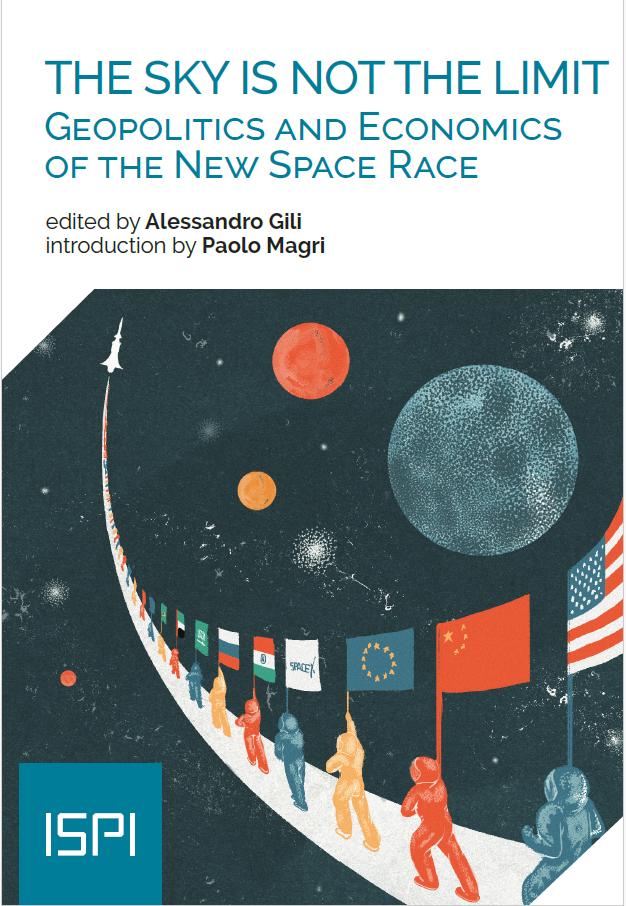China in International Space Cooperation: Heading South

In only three decades, China has become one of the world’s top space powers. At the turn of the 2020s, almost suddenly, China became the main challenger to the US, although with a significant remaining gap to bridge.

With the West increasingly closing to space cooperation, China is accelerating its pivot to the Global South, where all its diplomacy is now focused, including the BRI and the new Global Development Initiative (GDI) and Global Security Initiative (GSI). China may succeed in developing space cooperation with countries from the Global South, and could contribute to building the space powers of tomorrow. However, this will not suffice to replace the cooperation it used to have with traditional space powers, and the political and technological state of Russia today does not help. China may soon have to rely only on itself. The bright side for Beijing is that it is already used to doing so.
>> Download the full report to read this chapter on ISPI's website : The Sky Is Not the Limit. Geopolitics and Economics of the New Space Race

Available in:
Regions and themes
Share
Related centers and programs
Discover our other research centers and programsFind out more
Discover all our analyses
RAMSES 2024. A World to Be Remade
For its 42nd edition, RAMSES 2024 identifies three major challenges for 2024.
France and the Philippines should anchor their maritime partnership
With shared interests in promoting international law and sustainable development, France and the Philippines should strengthen their maritime cooperation in the Indo-Pacific. Through bilateral agreements, expanded joint exercises and the exchange of best practices, both nations can enhance maritime domain awareness, counter security threats and develop blue economy initiatives. This deeper collaboration would reinforce stability and environmental stewardship across the region.

The China-led AIIB, a geopolitical tool?
The establishment of the Asian Infrastructure Investment Bank (AIIB) in 2016, on a Chinese initiative, constituted an attempt to bridge the gap in infrastructure financing in Asia. However, it was also perceived in the West as a potential vehicle for China’s geostrategic agendas, fueling the suspicion that the institution might compete rather than align with existing multilateral development banks (MDBs) and impose its own standards.
Jammu and Kashmir in the Aftermath of August 2019
The abrogation of Article 370, which granted special status to the state of Jammu and Kashmir (J&K), has been on the agenda of the Bharatiya Janata Party (BJP) for many decades.






